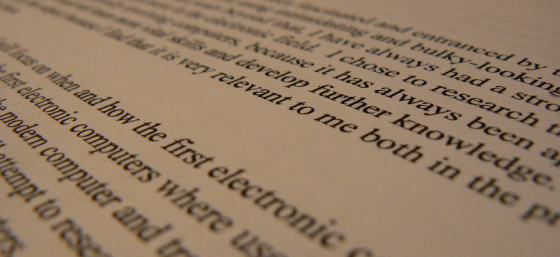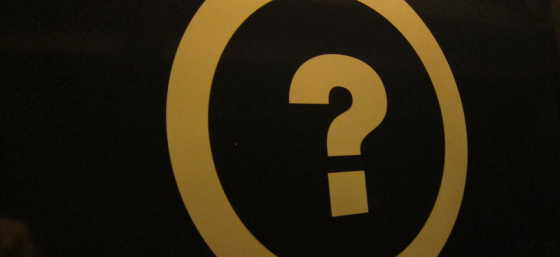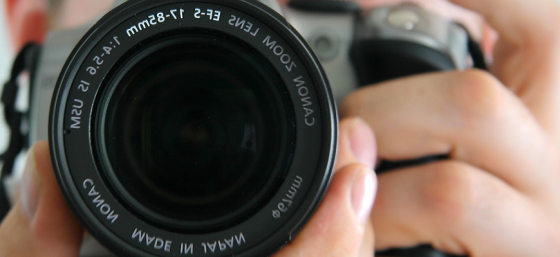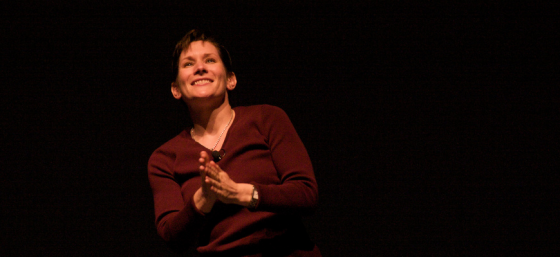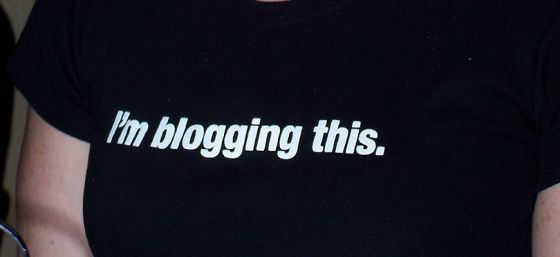 I think I do a decent job monitoring my blogs with my sites’ widgets and Google Analytics. I like to see where my readers live and how they ended up on my sites. When I see that someone got to my blog from a site that’s unfamiliar to me, I try to find the post that linked to my site to see what it said.
I think I do a decent job monitoring my blogs with my sites’ widgets and Google Analytics. I like to see where my readers live and how they ended up on my sites. When I see that someone got to my blog from a site that’s unfamiliar to me, I try to find the post that linked to my site to see what it said.

This week, someone got to The Undeniable Ruth via a blog on BlogSpot. I checked out that blog and found that the blogger didn’t write a post that referred to me or a topic I’ve written about. She copied an image from my post about studying in the pool. She mentioned the name of the post she got the image from, but she didn’t ask my permission to use the image or even give me an attribution. Unfortunately for her, she copied one of the few images that I personally took with my camera phone and own the copyright to it. I decided to send a Digital Millennium Copyright Act (DMCA) takedown notice to Google, which owns BlogSpot.
The DMCA is a law that provides a safe harbor to companies that don’t control the content on their sites. They have to remove or disable access to the infringing material when they receive a DMCA takedown notice or else they can be liable for copyright infringement. To qualify for protection under the DMCA, you have to register a designated agent with the U.S. Copyright Office. This is the person you send the takedown notice to.
Google has a DMCA agent, so I sent them a takedown notice to get my picture taken off BlogSpot. A takedown notice is a simple letter that must include the following:
- Your physical or electronic signature,
- The identity of your work that is allegedly being infringed,
- The specific URL for the website where the infringement is occurring,
- Your contact information (i.e., your address, telephone number, and/or email address),
- A statement that you have a good faith belief that the material violates the law or the copyright owner’s rights, and
- A statement, under penalty of perjury, that the notice is accurate.
I emailed my takedown notice to Google yesterday and I got a response today that informed me that the post was taken down. I tried to visit the BlogSpot post where my photo was published, and verified that the blog post was taken down. I thought they were only going to remove the photo. She can put the post back up if she wants, just not with my picture.
If you create content, it important to keep an eye on your analytics so you can detect when someone steals your work. I was pleased to see that the DMCA takedown process was fast and easy and that Google was responsive to my notice.
If you detect someone’s stolen your content, consult an attorney to determine your options for recourse.
Feel free to connect with me via Twitter, Google+, Facebook, and LinkedIn.
Please visit my homepage for more information about Carter Law Firm.
